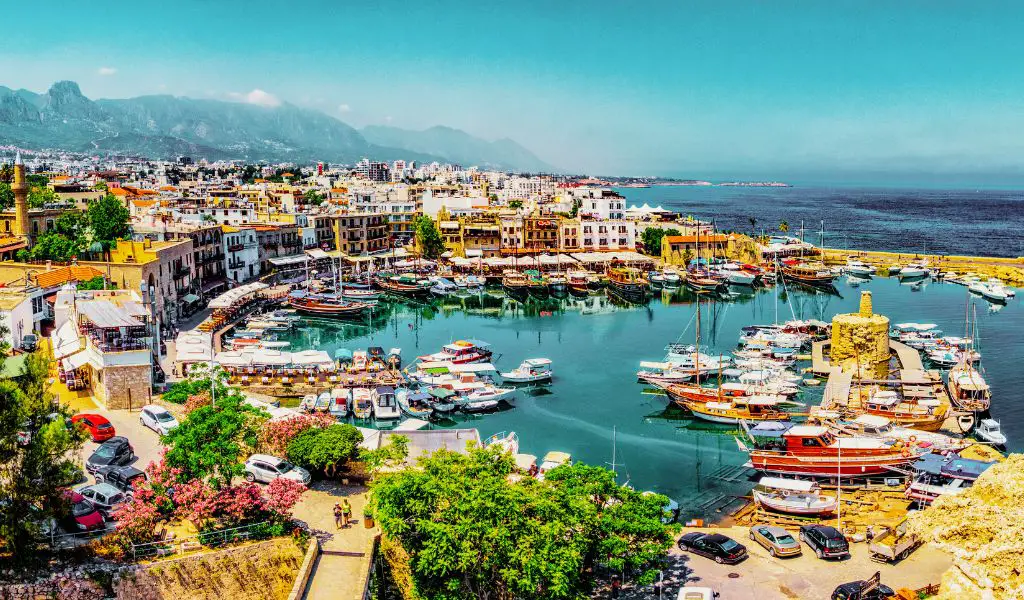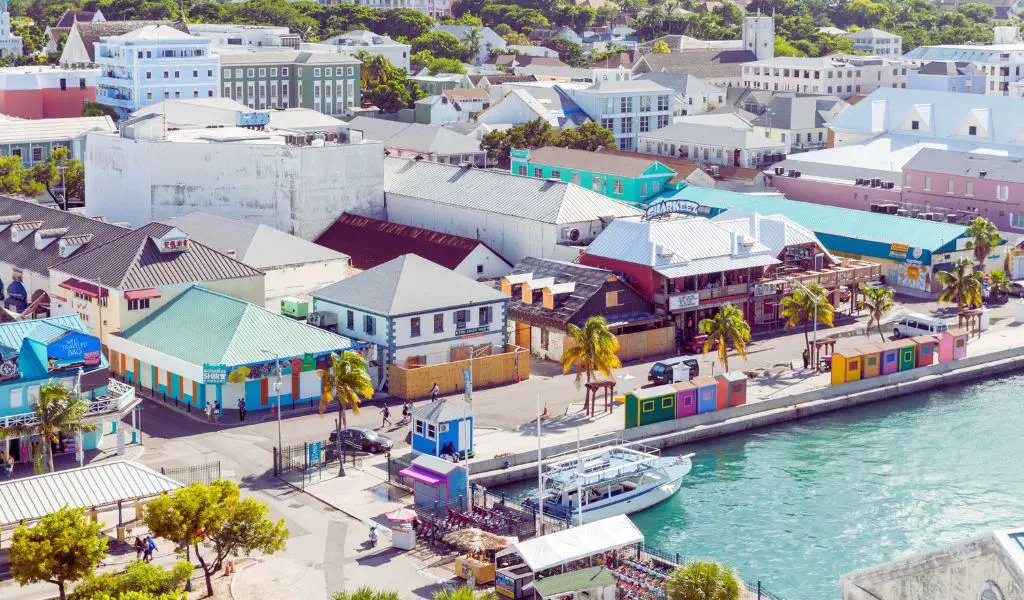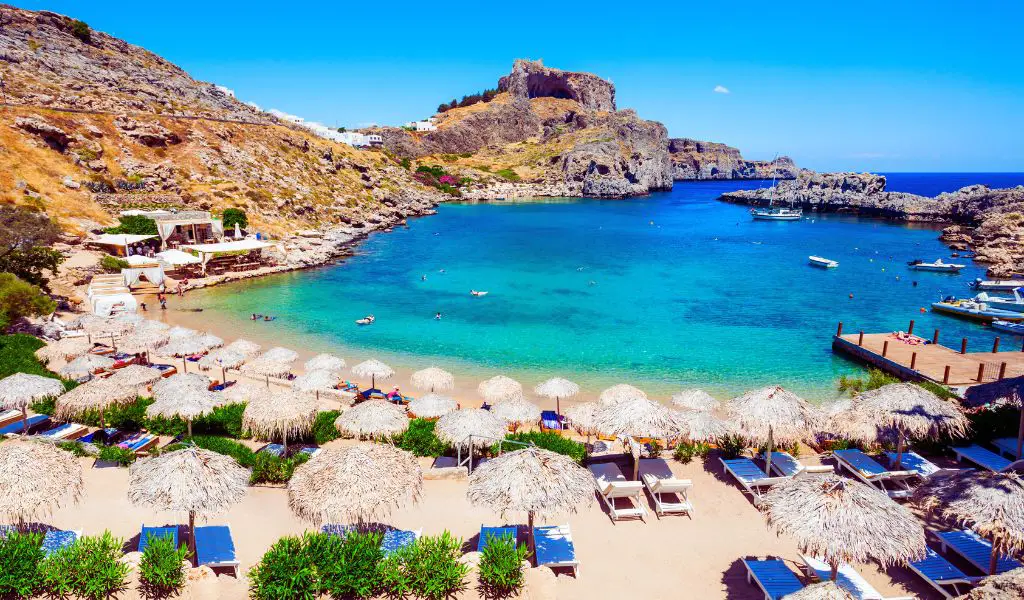Escape to the Mediterranean to experience the stunning beauty, cultural profusion, and vibrant history of Cyprus.
As the third largest and third most populous island in the region, Cyprus offers an unrivaled blend of modern living, captivating scenery, and ancient ruins. It’s strategically nestled at the crossroads of three continents: Europe, Asia, and Africa, enhancing its unique cultural mosaic through the ages.
Geography
Geographically, Cyprus stands as a bewitching spectacle of diverse landscapes.
From the silvery beaches with turquoise waters to the snow-capped Troodos Mountains, the island is awash in natural splendor.
Sweeping plains, verdant vineyards, and tranquil olive groves encapsulate the pastoral charm interspersed between the mountain and coastal regions.
History
The island’s archaeological sites stand as testament to its rich historical tapestry.
Such sites include the ancient Kingdom of Kourion, with its grand Greco-Roman theatre and stunning mosaics; the UNESCO World Heritage-listed city of Paphos, rich with mythological and historical resonance; and Salamis, once a grand city-kingdom boasting spectacular ruins that transport visitors back in time.

Cyprus is also dotted with captivating churches and monasteries, with Eastern Orthodox Christianity deeply rooted in its history.
The St. John Cathedral in Nicosia and Kykkos Monastery in Troodos are stunning sites for spiritual and aesthetic contemplation.
Activities
Experience the vibrancy of Cyprus through its array of activities. Cypriots are passionate about food and wine.
Embark on a gastronomic journey, and savor traditional meze, halloumi cheese, and commandaria wine that mirror its culinary heritage.
Those with an adventurous spirit can explore hiking trails, engage in water sports, or go bird watching, while culture enthusiasts can lose themselves in local festivals, music concerts, and art exhibitions.
Population
Bearing witness to its rich cultural mosaic, Cyprus has a population of approximately 1.2 million people, comprising Greek Cypriots, Turkish Cypriots, and smaller minority communities.
When to Go
The best time to visit Cyprus is during spring (March-May) and autumn (September-November) when the weather is pleasant, and the island’s flora is in full bloom.
How to Get There
Various airlines operate flights to Cyprus from major global cities.
The island’s primary international airports are in Larnaca and Paphos.
Highlights
The highlights of a trip to Cyprus would include exploring the archaeological site of Paphos, visiting the Tombs of the Kings, enjoying beach locales like Ayia Napa and Coral Bay, hiking in the Troodos Mountains, and trying out traditional Cypriot cuisine.
What You Should Know
For visiting Cyprus, ensure that your passport is valid for at least three months beyond the period you intend to stay.
Although Cyprus is part of the EU, it’s not part of the Schengen area.
The official languages are Greek and Turkish, but English is widely spoken. The local currency is the Euro.
FAQs
Is Cyprus Safe for Travel?
Yes, Cyprus is often considered one of the safest countries in the world with extremely low crime rates.
Do I Need a Visa to Visit Cyprus?
While EU citizens can enter Cyprus with just an ID card, non-EU nationals may require a visa. It is always best to check the current visa regulations with a Cypriot embassy or consulate in your home country.
What is the local cuisine like in Cyprus?
Cypriot cuisine is a blend of Greek and Turkish culinary influences, with popular dishes like souvlaki, moussaka, and halloumi cheese.




